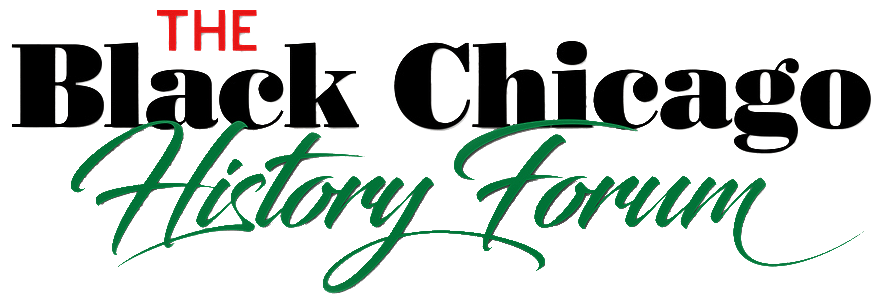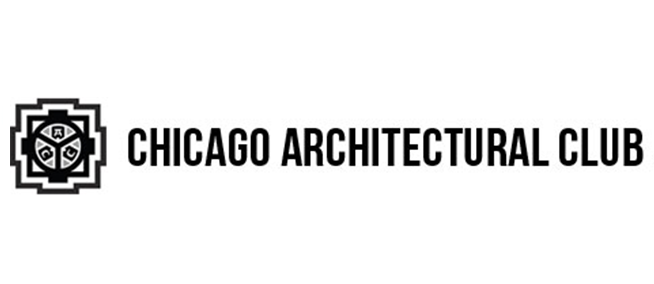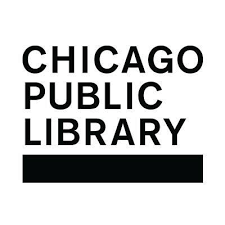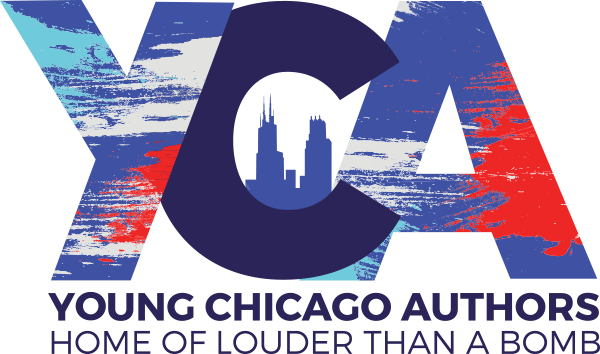About
Funded by a National Endowment for the Humanities "Community Conversations" grant, the project was coordinated by the Newberry Library in partnership with 13 other Chicago institutions. At the heart of Chicago 1919 were 11 dynamic public programs designed to activate audiences and encourage them to examine the mechanisms through which segregation and inequality have been created, solidified, and reinforced over the past 100 years. Each program focused on a specific expression of institutionalized racism, from policing and education to housing and the media. Chicago 1919 aimed to address difficult history, to come together in recognition and reconciliation, and to imagine possible ways forward.
Project Credits
Project Director: Karen ChristiansonOther Project Leaders: Elizabeth Cummings, D. Bradford Hunt, Liesl Olson, Sarah Wilson
Website: Matt Krc, Nicolas White, Jen Wolfe, Sophia Croll, Jennifer Dalzin
Graphic Design: Andrea Villasenor, M. N. Kennedy
Editors and Publicity: Alex Teller, Matt Clarke
Introductory Video: Alex Teller, Elizabeth Cummings
Will Hansen led a hands-on session for a group of high school students from the Louder Than a Bomb Squad summer apprenticeship program, with Chicago 1919 primary sources in the Newberry collection.
We extend gratitude to our scholarly advisors and to staff at all of our partner institutions for their invaluable assistance at every stage of this project.
Scholarly Advisors
Davarian L. Baldwin, Paul E. Raether Distinguished Professor of American Studies, Trinity College, HartfordSimon Balto, Assistant Professor of African American History, University of Iowa
Eve L. Ewing, Assistant Professor, The University of Chicago School of Social Service Administration
Adam Green, Associate Professor of History and the College, The University of Chicago
Andrea Jackson, Executive Director, Black Metropolis Research Consortium
Christopher Lamberti, Independent Scholar
Christopher Reed, Emeritus Professor of History, Roosevelt University
Jacqueline Stewart, Professor of Cinema and Media Studies and the College, The University of Chicago
Funders
Any views, findings, conclusions, or recommendations expressed in these programs do not necessarily represent those of the National Endowment for the Humanities.

Youth Engagement Sponsor:













